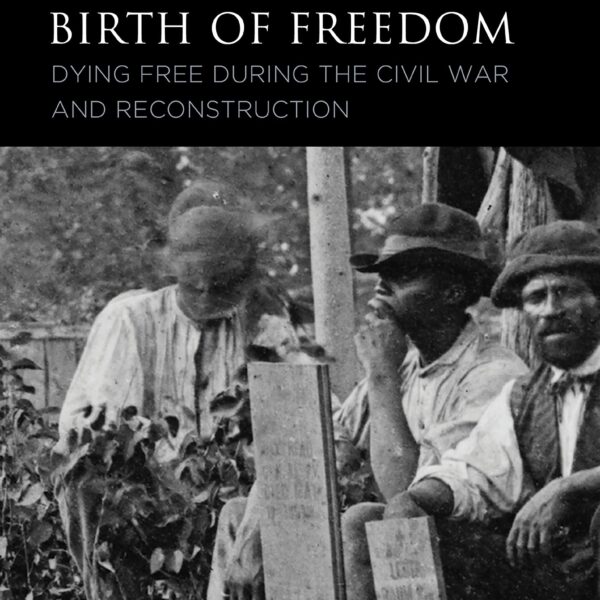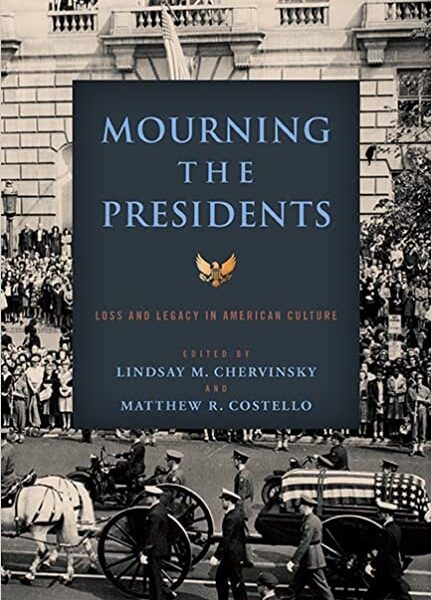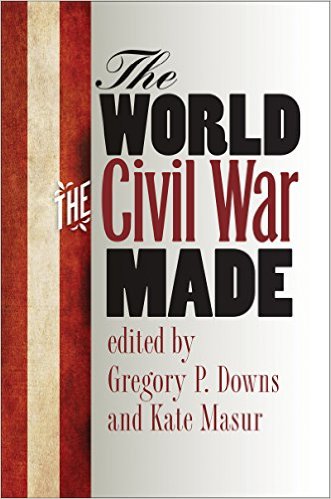In this volume, across thirteen thematic chapters, editor Travis Hellstrom presents “some of Lincoln’s most loved wisdom” in the form of “short and easy-to-remember quotations” (vi). Readers are treated to a medley of Lincoln’s musings on character, education, wisdom, hard work, leadership, family, and emancipation, among other topics. In addition to lengthy excerpts from Lincoln’s two inaugural speeches and the complete text of the Gettysburg Address, Hellstrom includes excerpts from “reflections” on Lincoln: the mournful verse of Walt Whitman, selections from Martin Luther King’s address on the centenary of the preliminary emancipation proclamation, and President Obama’s public letter marking the sesquicentennial of the Gettysburg Address.
Students of Lincoln will be familiar with many of Hellstrom’s selected quotations. Here is Lincoln’s famous advice to students aspiring to “obtain a thorough knowledge of the law,” penned in the thick of the 1860 presidential campaign: “Work, work, work,” Lincoln wrote, “is the main thing.” Here, too, is a selection from Lincoln’s oft-quoted response to Horace Greeley’s impatient editorial, “The Prayer of Twenty Millions,” which took the president to task for a presumed lethargy on emancipation: “My paramount object in this struggle is to save the Union and is not either to save or to destroy slavery. If I could save the Union without freeing any slave I would do it, and if I could save it by freeing all the slaves I would do it; and if I could save it by freeing some and leaving others alone, I would also do that.” But they will scratch their heads at the inclusion of other quotes, such as, “There’s no honorable way to kill, no gentle way to destroy,” which was never uttered by the historical Lincoln (but was voiced by a Star Trek actor making a Lincoln cameo a century later). Ditto for the Nelson Mandela maxim, “Education is the most powerful weapon which you can use to change the world,” falsely attributed here to the sixteenth president. Lincoln might well have nodded in approval at Mandela’s sentiment, but he never expressed it.
Not surprisingly, Hellstrom makes use of Lincoln’s many “fragments” as a bountiful source of wit and aphorisms. Lincoln’s collected works are littered with more than one hundred notes on a wide range of subjects. Historian and biographer Ronald C. White has argued that this trove of jottings may hold the key to Lincoln’s writerly genius; the president puzzled through difficult problems on scraps of paper, maintaining a personal archive of ideas that he would draw upon whenever preparing state papers and public speeches. Conspicuous here is Lincoln’s fragment on democracy: “As I would not be a slave, so I would not be a master. This expresses my idea of democracy.”
Also prominent in these pages are memorable lines from some of Lincoln’s most lyrical speeches: “Let us have faith that right makes might, and in that faith, let us, to the end, dare to do our duty as we understand it,” the Illinois lawyer told the eastern Republican faithful collected at New York City’s Cooper Union in February 1860. Hellstrom reproduces the peroration from the president’s second annual message to Congress: “In giving freedom to the slave, we assure freedom to the free—honorable alike in what we give and what we preserve. We shall nobly save, or meanly lose, the last best hope of earth.” And he quotes liberally from the Second Inaugural and Gettysburg Address.
Students of Lincoln and the Civil War will not find this volume, which includes neither editorial context nor source notes, a worthwhile addition to their libraries. (The editor notes that “access to a detailed list of resources for the quotes, speeches and stories referenced in this work” is available on his personal website, though it appears one must send him an e-mail to retrieve it.) Instead, those looking for a portable compendium of Lincoln’s “greatest hits” should stick to the handsome, two-volume set of Lincoln’s Speeches and Writings published by the Library of America. Those looking to share the gift of Lincoln’s words should seek out Jonathan W. White’s Lincoln on Law, Leadership, and Life (2015), or Gabor S. Boritt’s venerable Of The People, By The People, For The People: And Other Quotations from Abraham Lincoln (1996). Finally, those interested in the many words attributed to Lincoln should still begin with Don E. and Virginia Fehrenbacher’s Recollected Words of Abraham Lincoln (1996).
Brian Matthew Jordan is Associate Professor and Chair of History at Sam Houston State University. He is the author or editor of a half dozen books on the Civil War era.
Related topics: Abraham Lincoln





